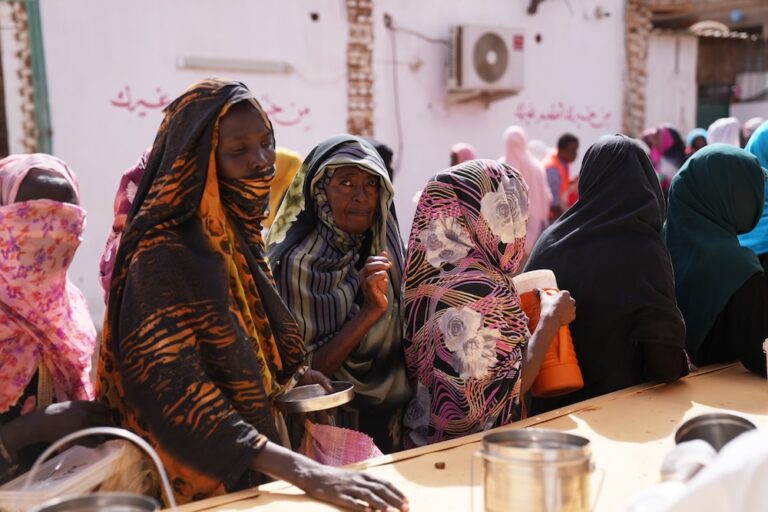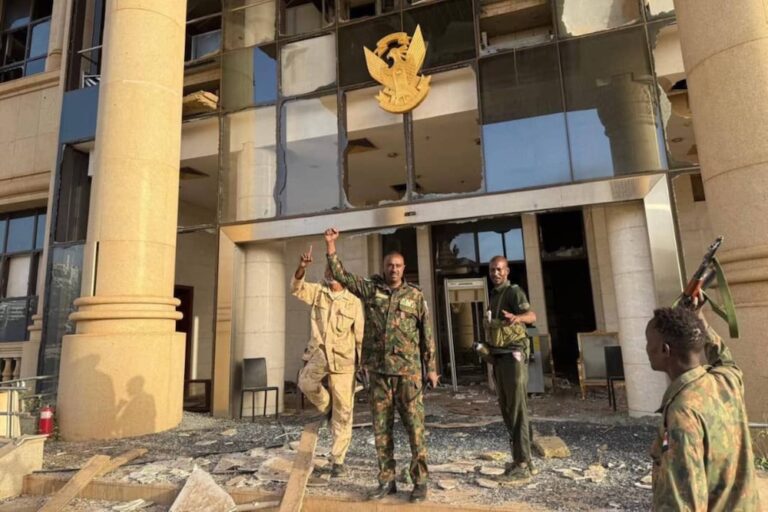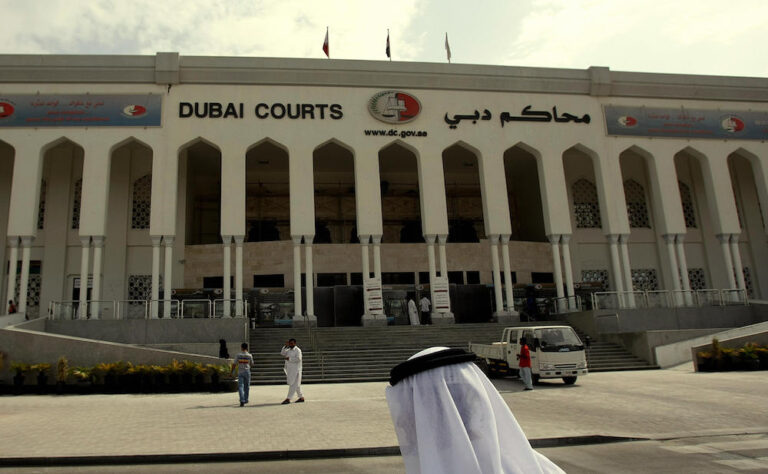(RSF/IFEX) – Reacting to the Khartoum High Court’s 12 June 2005 decision to withdraw the “Khartoum Monitor” newspaper’s licence and thereby force it to close, RSF has urged the United Nations (UN) not to let press freedom be “the poor relation of the return to peace in Sudan.” “What further act of censorship is the […]
(RSF/IFEX) – Reacting to the Khartoum High Court’s 12 June 2005 decision to withdraw the “Khartoum Monitor” newspaper’s licence and thereby force it to close, RSF has urged the United Nations (UN) not to let press freedom be “the poor relation of the return to peace in Sudan.”
“What further act of censorship is the UN waiting for before it demands that the Sudanese authorities respect press freedom?” the organisation asked. “The government has the audacity to proclaim its support for democratic principles, yet it responds to the least bit of criticism in the press with police surveillance and draconian court rulings.”
One of Sudan’s three independent dailies, the English-language “Khartoum Monitor” had been closely monitored by police since 21 May, with each issue subject to careful vetting by state security agents before it was printed.
“Now the authorities have disinterred an old court case and schemed in secrecy in order to silence the newspaper altogether,” RSF said. “If the international community does nothing to make them back down now, it will give them a clear green light to put a stranglehold on all of Sudan’s independent journalists.”
The withdrawal of “Khartoum Monitor”‘s licence was ordered by High Court Judge Ismat Sulaman Hassan in a 12 June 2005 letter. The court upheld a lower court’s July 2003 decision to suspend the paper’s licence after it published an interview in which Santino Deng, a former minister who has since passed away, accused the government of practicing slavery.
The original closure order was subsequently lifted by an appeals court and the paper was able to resume publishing. Commenting on the 12 June ruling, managing editor Alfred Taban said he was unaware that the case had been revived and referred to a higher court.
The “Khartoum Monitor” has often defended the population in southern Sudan and, like many other newspapers and journalists, had been the target of coercive measures in the past.
On 21 May, the paper’s offices were raided by state security police who demanded the withdrawal of a report and an editorial about deadly clashes between anti-riot police and civilians from the south and the western Darfur region in a camp for displaced persons south of the capital. The next day, the police told staff they would come to the printing press each evening to ensure the next day’s issue contained nothing that “went too far” (see IFEX alert of 27 May 2005).


